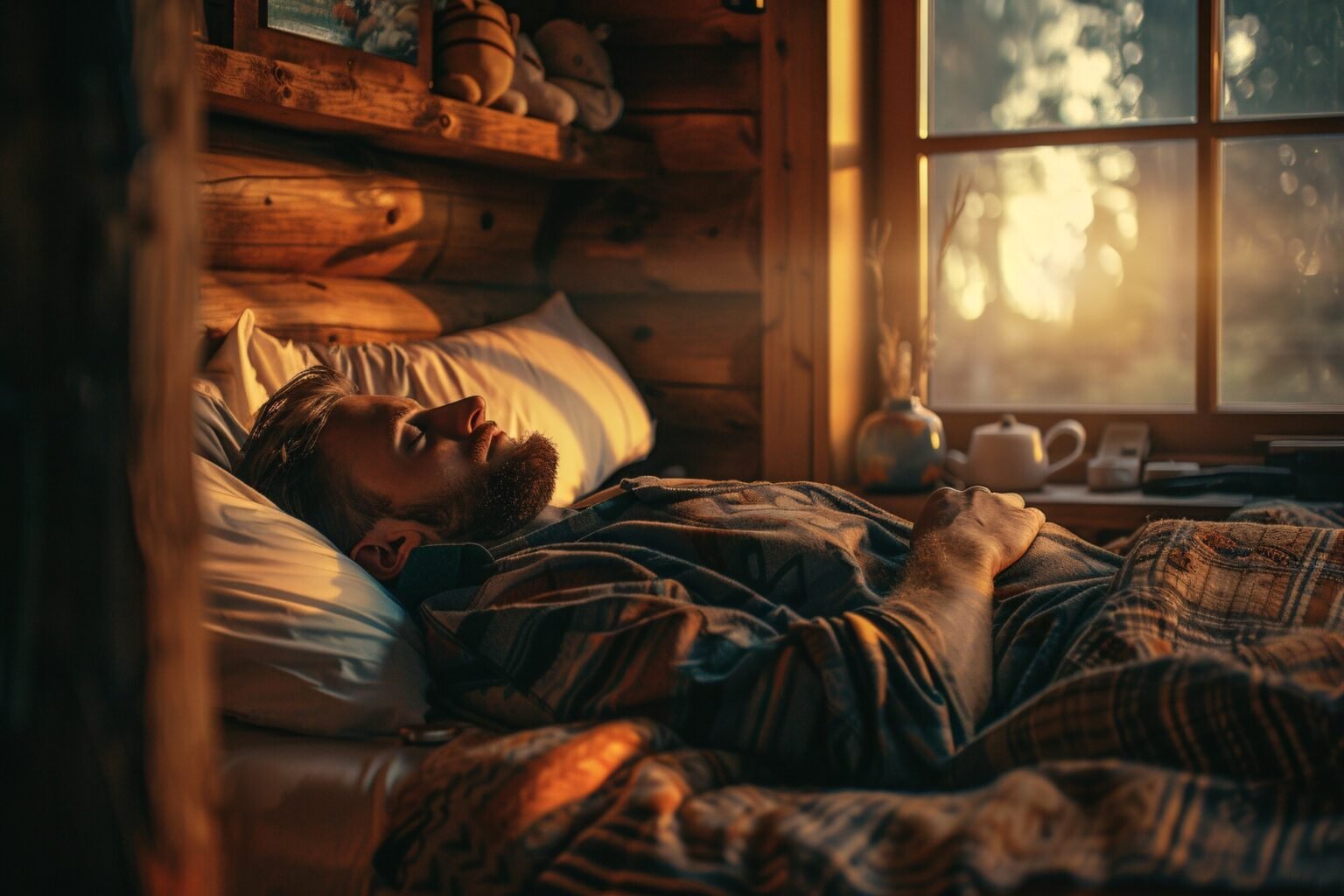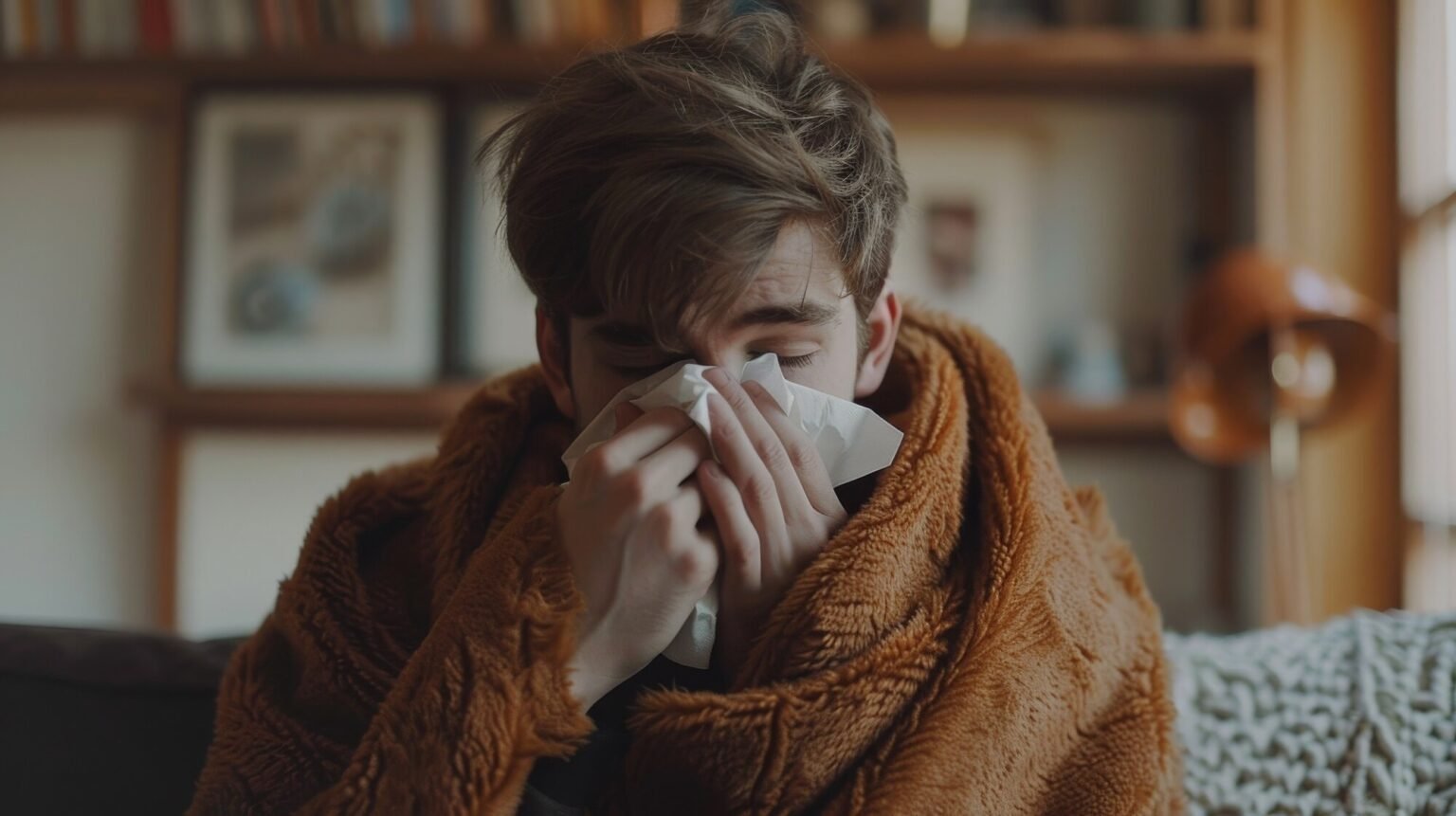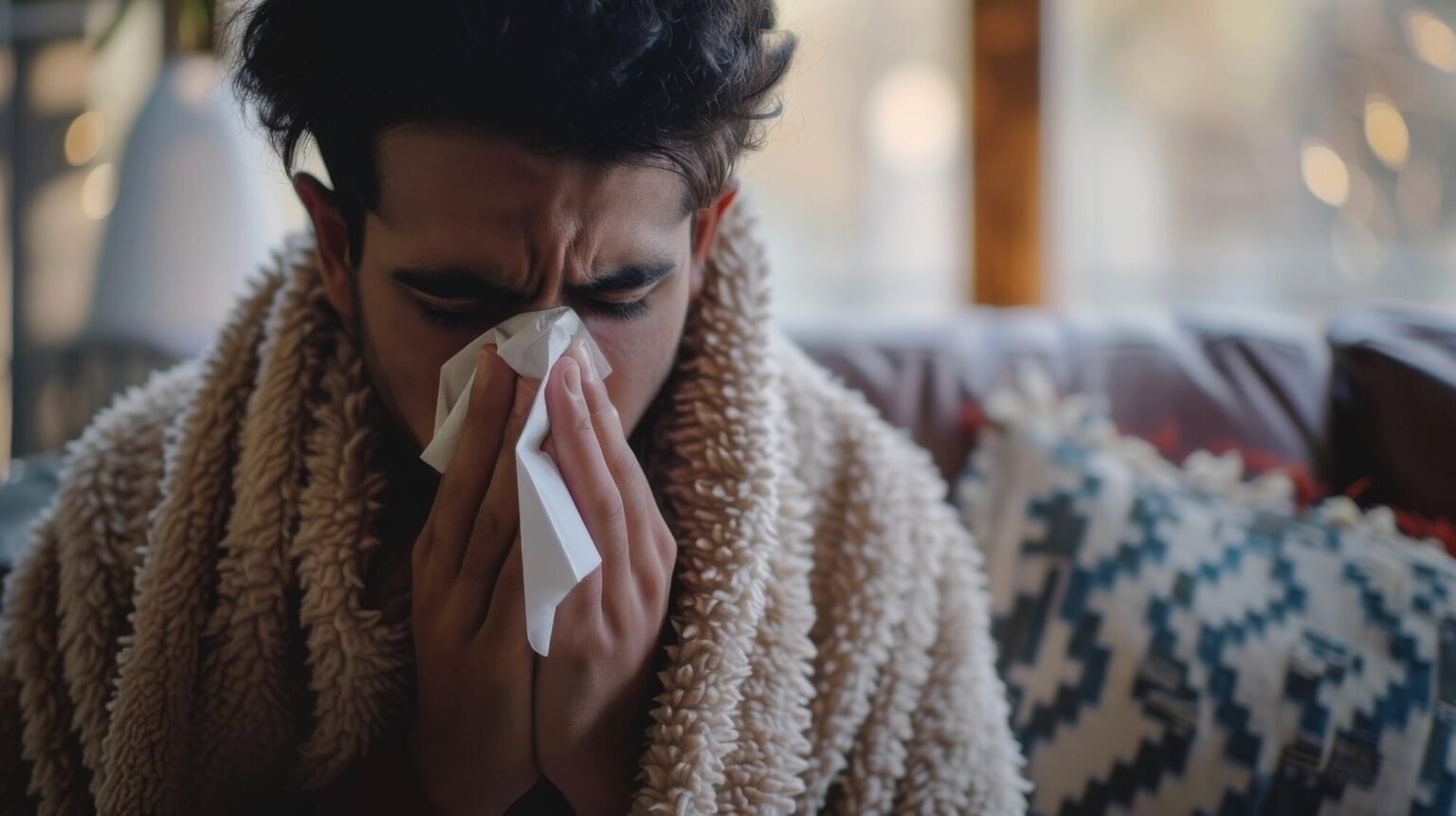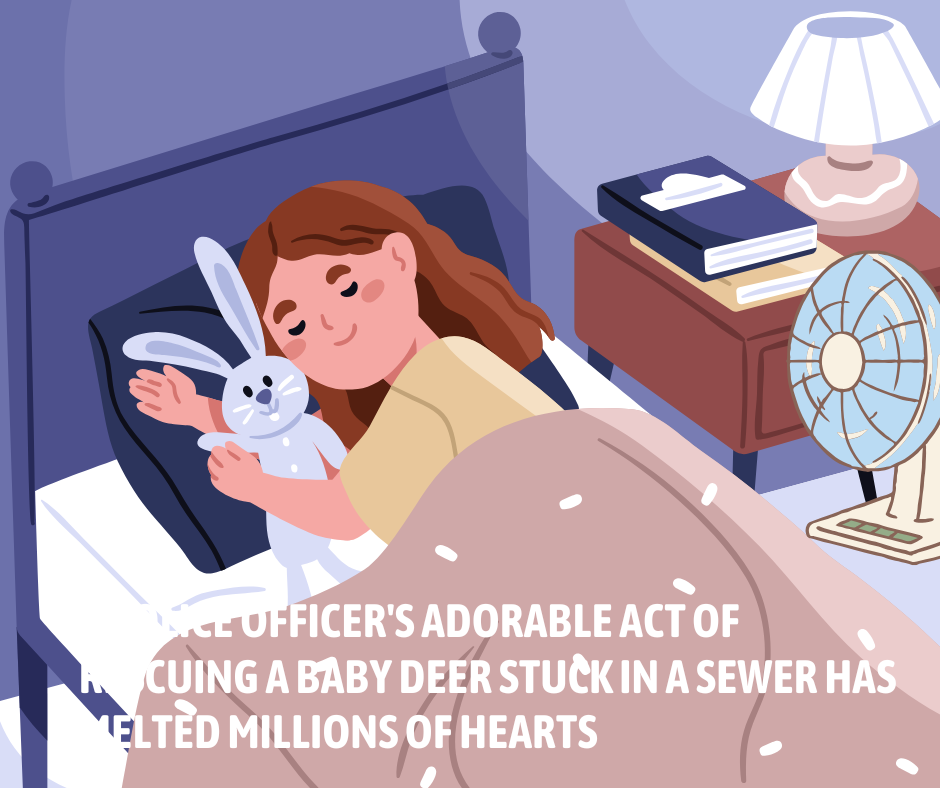We’ve all been there—tossing and turning in a hot, stuffy room, desperately seeking relief to get a decent night’s sleep.
When the temperature rises, it’s tough to fall asleep, even harder to stay asleep, and downright uncomfortable to relax. Many people rely on a fan to beat the heat during hot summer nights, but is it really the best solution?
While a fan might seem like an easy fix, the reality is a bit more complicated. Though it can offer a temporary breeze, it may not provide the comfort you’re hoping for in the long run.
Recent studies suggest that a cooler room temperature (ideally between 65 and 68°F, or as low as 60°F) supports better sleep quality. Let’s take a deeper dive into why using a fan at night may not be the best option for you, and explore some healthier alternatives.

Is Sleeping With a Fan Bad for You?
Many people, especially during warmer months, run a fan all night to keep cool. However, few are aware of the potential health risks associated with this seemingly harmless practice. While some of these risks are minor annoyances, they can be significant enough to make you think twice about relying on a fan.
Let’s explore the common drawbacks of sleeping with a fan:
1. Aggravates Allergies
Fans circulate air, but they also spread dust, pollen, pet dander, and other allergens throughout the room. This can worsen allergies and respiratory issues, leading to symptoms like sneezing, coughing, congestion, and itchy eyes. Over time, allergens can settle on fan blades, making things worse when the fan is turned on.

To minimize allergens, it’s important to clean your fan blades regularly and consider an air filter for your bedroom. Studies show that allergies can negatively impact sleep quality, leading to snoring and sleep disorders.
2. Causes Sinus Irritation
The steady airflow from a fan can dry out your nose, throat, and mouth, leading to sinus irritation and excessive mucus production. This can result in congestion, headaches, and sore throats. If you already have sinus issues or are prone to dry air sensitivity, sleeping with a fan might worsen your symptoms.

To counteract the drying effects of a fan, consider using a humidifier or placing a glass of water by your bedside to add moisture to the air.
3. Leads to Stiff or Sore Muscles
Waking up with a stiff neck or sore muscles might be a result of your fan. When cool air circulates in the room all night, particularly if the fan is blowing directly on you, it can cause your muscles to tense up. This can be especially problematic if the fan is directed toward your face or neck.

A simple solution is to reposition the fan so it doesn’t blow directly at you, allowing the air to circulate more gently around the room without targeting any specific part of your body.
4. Dries Out Skin and Irritates Eyes
For those prone to dry skin or eye issues, a fan can exacerbate these problems. Constant airflow can lead to moisture loss, leaving your skin feeling dry and tight, and your eyes irritated and itchy. This is especially troublesome for people with conditions like eczema or those who wear contact lenses.

To prevent these issues, keep the fan at a distance and use a hydrating moisturizer before bed. You might also want to keep a bottle of eye drops handy if your eyes feel especially dry.
5. Increases Congestion
Sleeping with a fan can dry out your airways, causing your body to produce more mucus in response. This can lead to congestion, stuffy noses, and even headaches. While the fan itself won’t make you sick, it can certainly worsen pre-existing symptoms, making your cold or allergy symptoms feel even worse.

Staying hydrated and using a humidifier can help alleviate some of the congestion caused by the fan’s constant airflow.
6. Noise Disruption
For light sleepers or those who prefer a quiet environment, even the low hum of a fan can be disruptive. Though some people find white noise helpful for falling asleep, others find it difficult to tune out.
The constant noise of a fan, ranging from a soft hum to a louder buzz, can interrupt your sleep cycles, making it harder to fall into a deep, restful sleep.
If noise is a concern for you, consider investing in a quieter fan or using earplugs to block out the sound.
7. Disrupts Sleep Quality
Constant airflow throughout the night can cause you to wake up more frequently, leading to fragmented sleep. If you’re relying on a fan to stay cool, you may find that the same breeze that helps you fall asleep ends up waking you later in the night. This can affect your overall sleep quality and leave you feeling less rested.

Cooling alternatives, like breathable bedding and cooling mattress pads, can help you stay comfortable without the interruptions caused by a fan.
8. Limited Temperature Control
While a fan can create the illusion of a cooler room, it doesn’t actually lower the temperature. Fans simply circulate the air, creating a wind-chill effect that can make you feel cooler without reducing the room’s actual temperature. In extremely hot conditions, a fan may just blow warm air around, offering little relief.
For better temperature control, consider using an air conditioner or investing in cooling bedding designed to regulate your body temperature throughout the night.
How to Stay Cool Without a Fan
If sleeping with a fan isn’t ideal, there are plenty of other ways to keep cool during hot nights:
- Breathable bedding: Opt for lightweight, moisture-wicking sheets made from materials like cotton or bamboo.
- Cool showers: Taking a warm (not hot) shower before bed can help lower your body temperature.
- Hydrate: Drink plenty of water throughout the day and before bed to stay hydrated.
- Blackout curtains: Use these to block out sunlight and keep your room cooler during the day.
- Cooling mattress pads: These can help regulate your body temperature and prevent overheating at night.
Conclusion
While fans are a popular choice for staying cool, they come with some drawbacks that may make you reconsider their use. From aggravating allergies and drying out your skin to disrupting sleep with noise, fans might not be the best option for everyone.
Luckily, there are plenty of other cooling solutions, like cooling mattress pads and breathable bedding, that can offer relief without the side effects.
If you’re serious about getting a good night’s sleep, it’s worth exploring these alternatives to create the perfect sleep environment that balances comfort and temperature.









